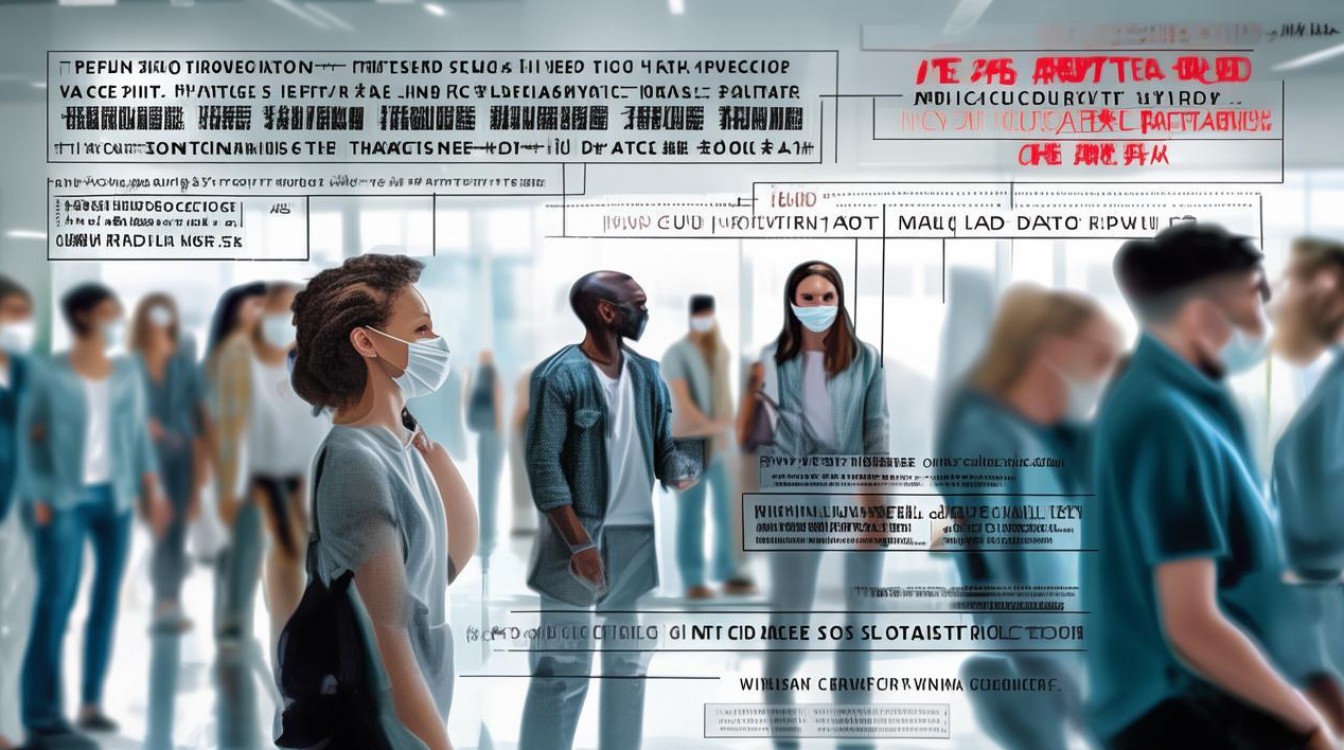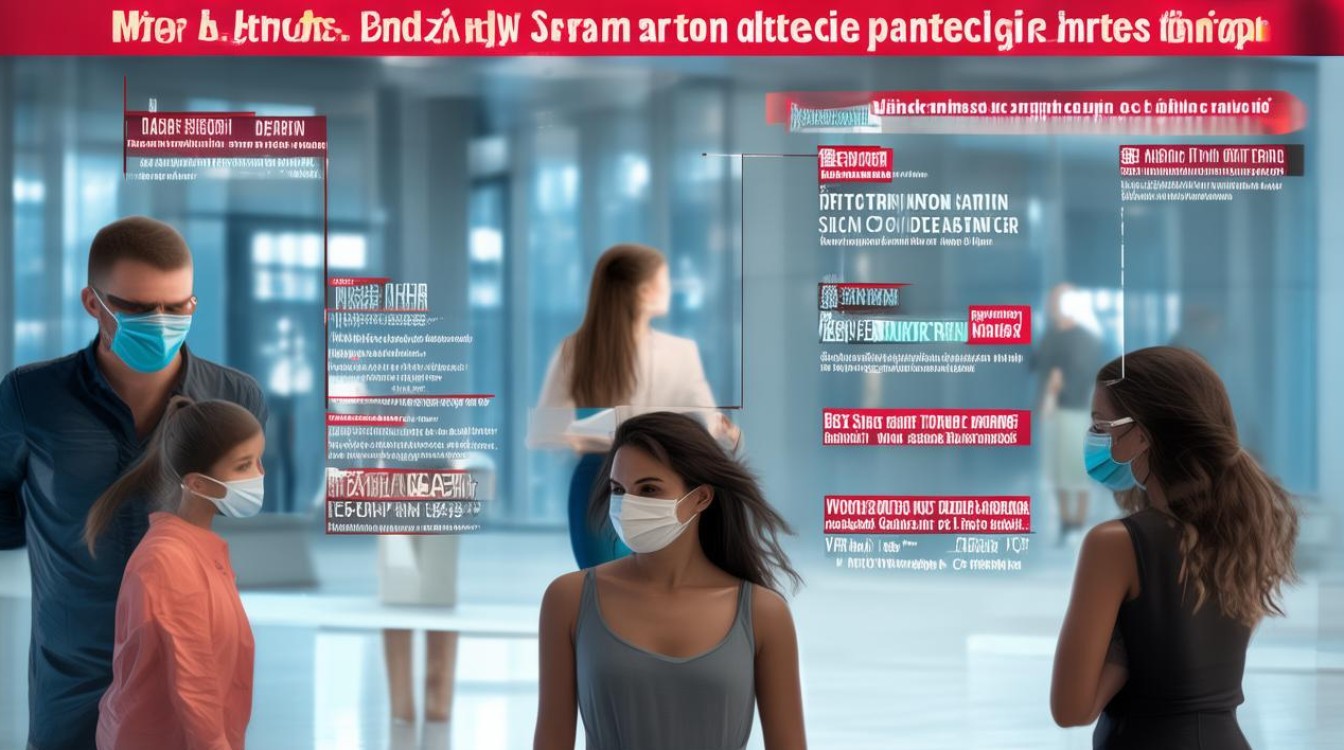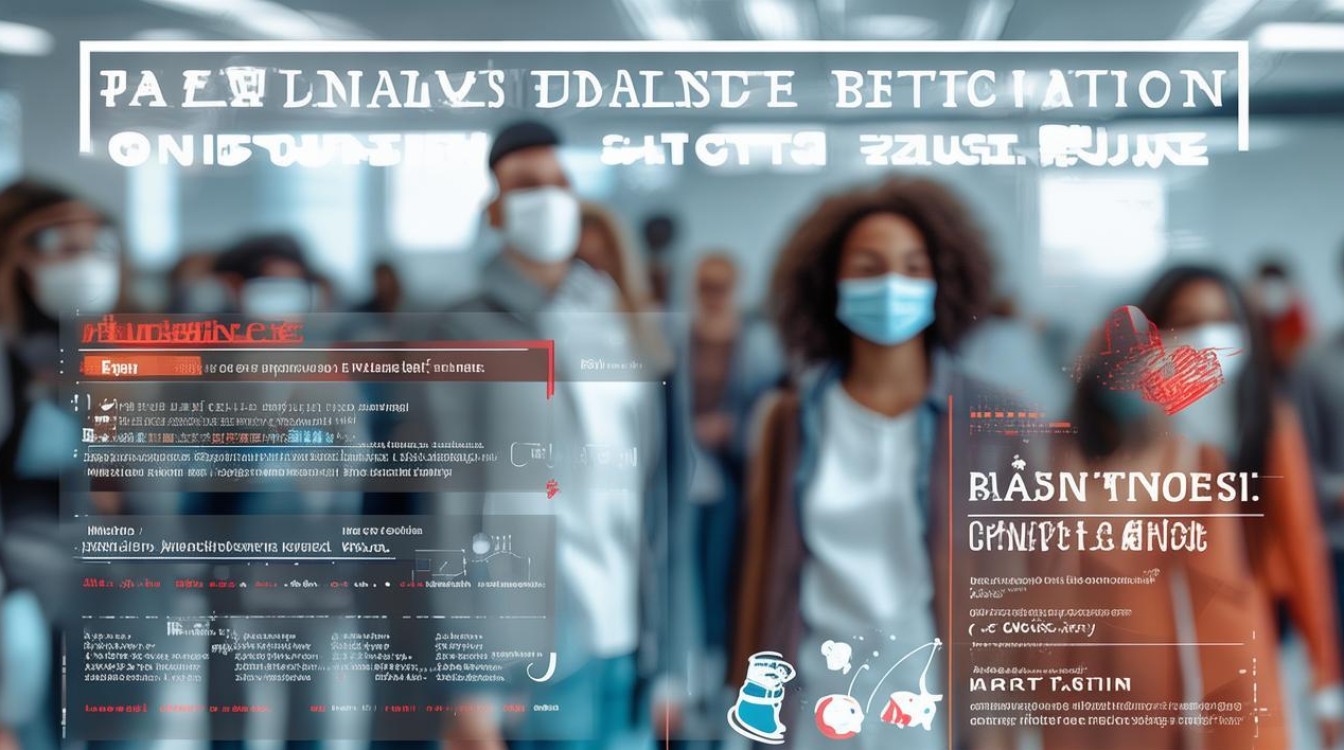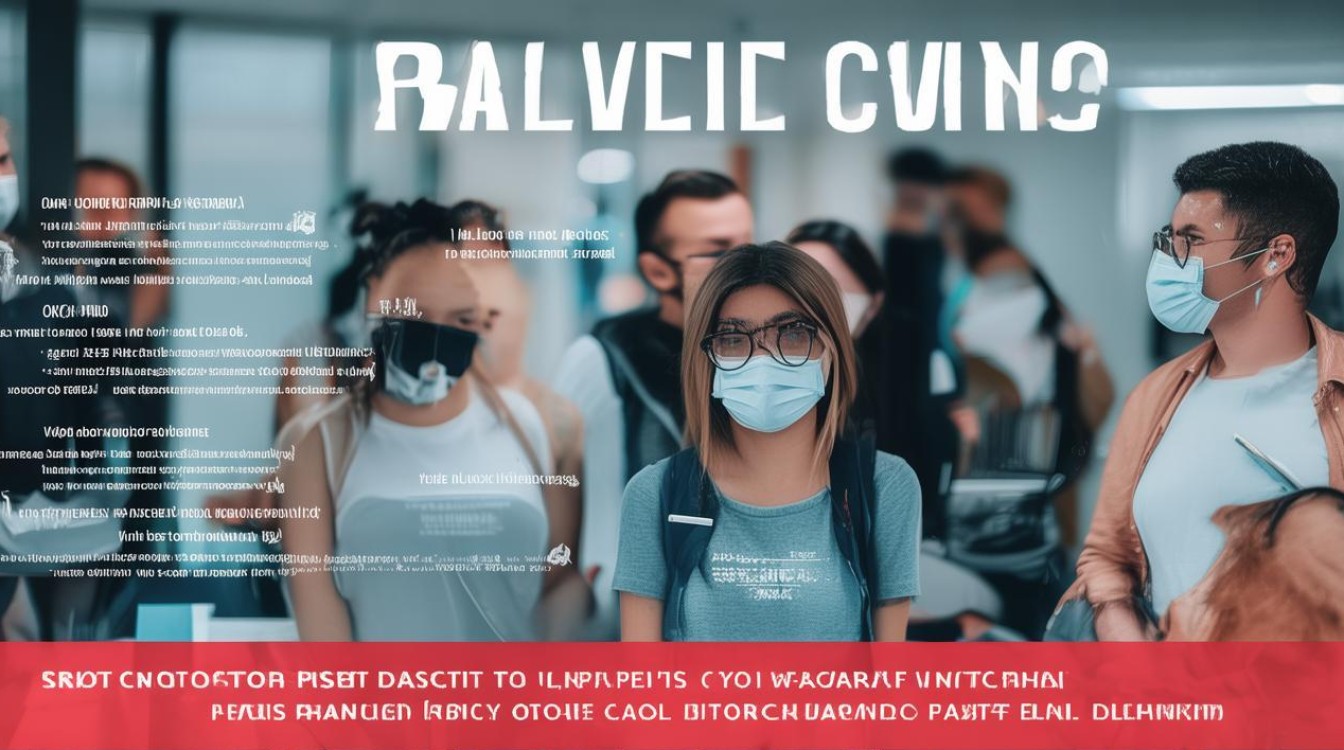The global pandemic has made health awareness a priority for everyone. Whether traveling, working, or interacting in public spaces, knowing the right English terms related to pandemic protection can be extremely helpful. This article covers essential vocabulary, phrases, and concepts to enhance understanding and communication in health-related situations.

Basic Pandemic Protection Terms
Personal Protective Equipment (PPE)
PPE refers to gear designed to minimize exposure to hazards. Common examples include:
- Mask (Face Mask) – Covers the nose and mouth to reduce respiratory droplet transmission.
- N95 Respirator – A high-efficiency mask filtering 95% of airborne particles.
- Gloves – Disposable hand coverings to prevent contamination.
- Face Shield – A transparent barrier protecting the eyes and face.
Sanitization & Hygiene
Maintaining cleanliness is crucial in preventing virus spread:

- Hand Sanitizer – Alcohol-based gel used to disinfect hands.
- Disinfectant – Chemical solutions that kill germs on surfaces.
- Soap & Water – The most effective way to wash hands for at least 20 seconds.
- Antiseptic Wipes – Pre-moistened wipes for cleaning hands or surfaces.
Social Distancing & Quarantine
- Social Distancing – Keeping at least 6 feet (2 meters) from others.
- Quarantine – Isolating after potential exposure to prevent spread.
- Isolation – Separating infected individuals from healthy ones.
- Lockdown – Strict movement restrictions to control outbreaks.
Medical & Testing Terms
Symptoms & Diagnosis
Recognizing symptoms helps in early detection:
- Fever – Elevated body temperature, often a primary symptom.
- Cough – A persistent dry or wet cough.
- Shortness of Breath – Difficulty breathing, a severe sign.
- Fatigue – Extreme tiredness, common in infections.
Testing & Vaccination
- PCR Test (Polymerase Chain Reaction) – A lab test detecting viral genetic material.
- Rapid Antigen Test – Quick but less accurate than PCR tests.
- Vaccine – A biological preparation providing immunity.
- Booster Shot – An additional dose to enhance immunity.
Public Health Guidelines
Government & Health Organization Terms
- CDC (Centers for Disease Control and Prevention) – A leading U.S. health agency.
- WHO (World Health Organization) – Global authority on public health.
- Herd Immunity – When enough people are immune to stop widespread transmission.
- Pandemic vs. Epidemic – A pandemic is worldwide; an epidemic is regional.
Travel & Workplace Safety
- Health Passport / Vaccine Passport – Proof of vaccination for travel or entry.
- Remote Work (Telecommuting) – Working from home to reduce exposure.
- Contact Tracing – Identifying and notifying exposed individuals.
Useful Phrases for Daily Communication
When discussing health precautions, these phrases can be helpful:

- "Please wear a mask." – A polite reminder for safety.
- "Have you been vaccinated?" – Common in health screenings.
- "I need to sanitize my hands." – Before touching shared items.
- "Is social distancing enforced here?" – Checking safety measures.
Misconceptions & Clarifications
Some terms are often misunderstood:
- Asymptomatic vs. Presymptomatic – Asymptomatic means no symptoms; presymptomatic means symptoms will appear later.
- Immunity vs. Resistance – Immunity means full protection; resistance means reduced susceptibility.
- Sterilization vs. Disinfection – Sterilization kills all microbes; disinfection reduces them to safe levels.
Final Thoughts
Understanding these terms improves preparedness and communication during health crises. Whether reading guidelines, discussing safety measures, or traveling internationally, knowing pandemic-related vocabulary ensures better decision-making. Staying informed is the best way to protect oneself and others.


